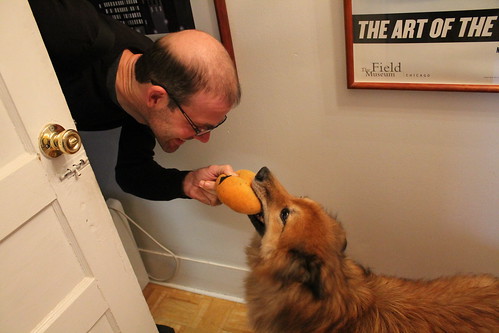It’s not every morning that my tennis Twitter timeline greets me with multiple tweeps urging the world to listen to Serena Williams narrate a BBC montage with Angelou’s “Still I Rise” (a poem I posted about here back in December, that time because Twitter had let me know about Williams reciting it on receiving an award).
The BBC has been roundly criticized for its feeble and at times astounding gormless coverage of women’s tennis this past fortnight (h/t @MBDigital001). Here’s hoping that it does better going forward. While this clip neither mitigates nor addresses the deep-seated attitudes and assumptions undergirding the coverage issues, it was nonetheless lovely to glimpse hundreds of people thrilled and moved by this new rendition of an almost-forty-year-old poem — one barely older than the woman who today tied Steffi Graf’s record of 22 Slam singles titles, and then won doubles with her sister, both of them significantly older than the majority of other elite WTA players.

